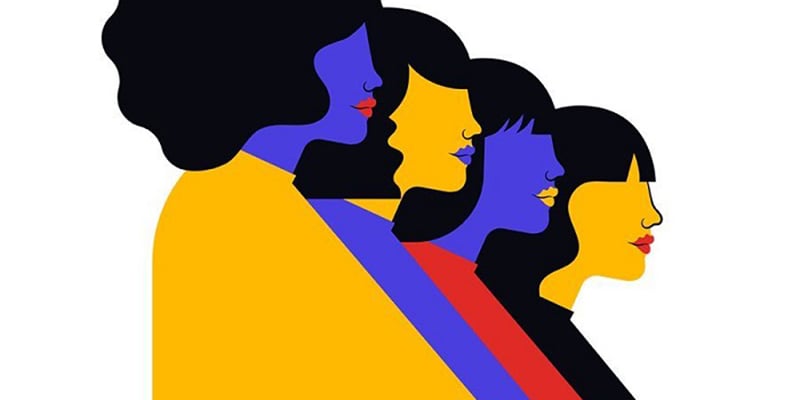
Insider shares her take
UAE Gender Balance Council was established in 2015 to support the countries vision to become one of the world’s top 25 countries for gender equality by 2021. There is a lot to be done regionally as there is on the global scale to close the pay gap and give women equal opportunities.
As the third female president in the 139-year history of ICAEW (Institute of Chartered Accountants in England and Wales) Fiona Wilkinson is aware of her role in the promotion of gender equality. Below, she shares with us her thoughts on what the UAE can do more to bridge that gap.
It’s very encouraging to see the steps the UAE government is taking to improve gender equality. The UAE Gender Balance Council was established to ensure women continue to play a significant role in the development of the country. There are also other initiatives in play to help accelerate this goal, like having better representation of women in the Federal National Council (FNC), or the 2020 plan to have 20 women on 20 executive boards in UAE companies this year.
The UAE ranks highest for gender equality in the GCC region and it’s encouraging to see the significant improvement in female participation in the workforce since 1975. I’m pleased to see increasing numbers of women in the UAE completing post-secondary education too as this is one of the most important pathways to gender equality.
What we need to see more of, and this is needed across the globe, is more support and flexibility given to women (and men) in leadership positions to help them manage other responsibilities such as family commitments.
As the third female President in the history of ICAEW, increasing diversity and inclusion in the accountancy profession has always been important to me. A key element of my role is spreading the message that accountancy is an inclusive profession which is open to all, no matter their background.
I have always maintained that chartered accountancy is a fantastic profession for women. It can take you down so many routes into different sectors and careers anywhere in the world and it’s flexible enough to let you work around caring responsibilities such as bringing up a family.
Despite my parents’ expectations that I would stop working once I got married and had a family, I was determined to have a career. The heart of our centenary campaign is to bring to light such stories of our female members in chartered accountancy and the wider business community. This will help us to fully grasp the progress we’ve made and understand what more there is to do to achieve gender equality.
The fight for equality continues, and our shared effort is essential to help achieve a more inclusive and sustainable future.
To grasp opportunities that arise.
One of the biggest challenges I’ve had to overcome in my career was maintaining my skills. I was lucky in the sense that my job is highly technical and constantly changing; therefore, I needed to stay up to date. However, I knew that if I stopped working, I’d probably never get back into the same career, so I was almost forced to keep working. I wasn’t making enough money at all when I was paying for childcare for three children, but I knew I needed to keep going.
Source: https://emirateswoman.com/life/feed/


